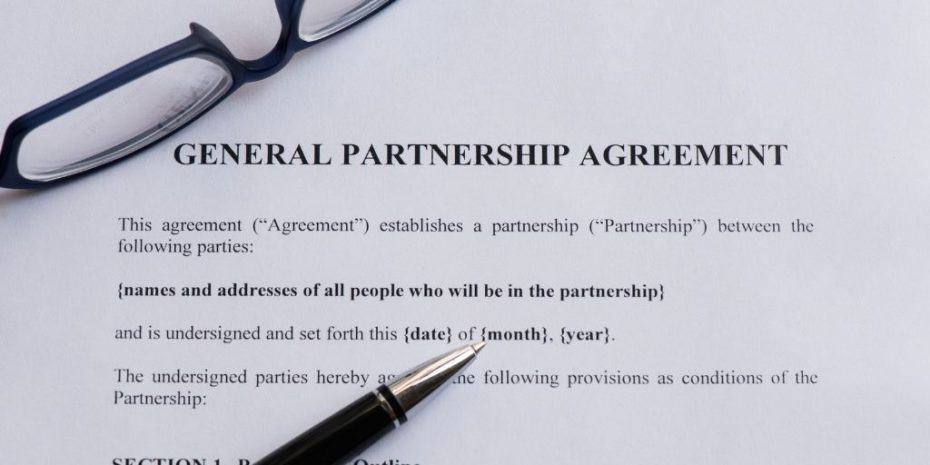What is a General Partnership?
REtipster does not provide legal advice. The information in this article can be impacted by many unique variables. Always consult with a qualified legal professional before taking action.
General Partnerships Explained
A General Partnership (GP) is a business structure where one or more parties agree to share ownership of a business with unlimited liability.
The percentage of ownership can vary among parties depending on the terms and contributions of the partnership, but generally, all parties of a General Partnership share in some degree of the business responsibilities, profits, assets, and liabilities.

Each member of the General Partnership must contribute some value to the partnership. This may include things like funds, property, skills, labor and so on.
They also must, to some degree, be actively involved in the day-to-day operation of the business.
General Partnership Example
Suppose John and James decide they want to start flipping houses together.
John has worked in construction for a number of years and James is a retired medical doctor with a lot of extra cash.
The two agree that John will oversee the work needed to generate and process leads, as well as oversee all renovations.
James will provide all the cash and take full responsibility for the accounting and bookkeeping for the business.
When forming their business entity, they decide that the best option is to form a general partnership.
They decide John will own 60% of the company and James will own 40%.
When profits are made and dispersed, they are divided according to the percentage of ownership.
The Difference Between a General Partnership and Other Partnerships
There are several ways to structure a partnership. Beyond a general partnership there are:
Limited Partnerships (LP)
Where partners (normally investors) don’t participate in the day-to-day responsibly of the business. Their liability is limited to the specific amount of their financial contribution to the partnership.
Limited Liability Partnerships (LLP)
Where partners have limited liability, meaning if any individual is involved in a wrongful or negligent act, though that individual may be personally liable, others in the partnership are protected.
Multiple-Member Limited Liability Company (LLC)
Though technically not an official partnership, in certain situations a multiple-member owned LLC may provide more flexibility and tax advantages compared to other types of partnerships.
Joint Ventures (JV)
Considered a type of partnership according to the Small Business Administration, a joint venture is where two separate entities come together for a specific purpose, project or time period.
Qualified Joint Ventures
Where married couples who own a business together can file their income taxes separately to avoid complications.
The most significant distinction between a General Partnership and the other types of partnerships is that the partners of a GP actively participate in running the business and they share unlimited liability. This means that each partner can be personally held responsible for any business debt the company cannot pay.
RELATED: Create Your Partnership Agreement with Rocket Lawyer
Advantages of a General Partnership
There are four major reasons why a general partnership is advantageous:
- They’re easy to set up and dissolve.
- As an entity, the partnership doesn’t pay taxes. All income flow to the partners and they are taxed at an individual level.
- There are no annual reports or complicated compliance obligations.
- General Partnerships are flexible in nature and in the right circumstances can be great tools.
Disadvantages of a General Partnership
Though there are a lot of pros to forming a GP, there are also some drawbacks and it might not be the right fit in every situation. Here are three disadvantages to a general partnership:
- Unlimited liability – each partner can be held personally responsible for the actions of the business and the other partners.
- Conflict among partners can lead to failure. If one partner isn’t in agreement with the other(s), they have a lot of power to sabotage the business.
- A general partnership is not the right business structure for raising funds from investors.








